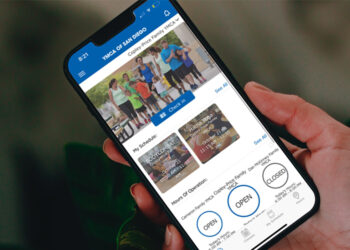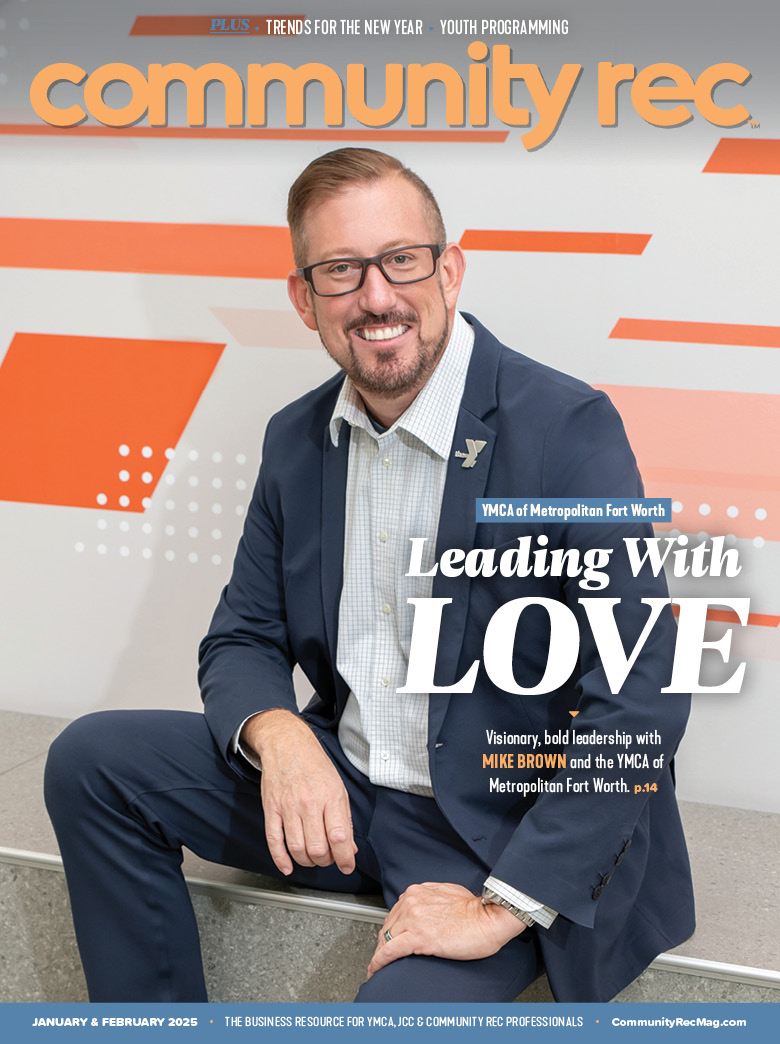In the September/October 2021 issue, we spoke with Liv Mendelsohn, the director of accessibility and inclusion at the Miles Nadal JCC Toronto, about providing inclusive spaces.
How does the Miles Nadal JCC (MN JCC) Toronto prioritize accessibility and inclusion? One of our three pillars at the MN JCC is belonging. This means we envision a community where everyone acknowledges and respects our differences and contributions, and where you can be your whole self, gathering together based around interests, not abilities.
With the guiding principle of “nothing about us without us,” we are actively engaged in identifying, preventing and removing barriers with a staff committee on equity, a community advisory committee on accessibility and inclusion, a young adult accessibility advisory committee, and regular community surveys and needs assessments. In the past five years, we also renovated our pool with a ramp and a lift to make it more accessible, as well as our theater seating and stage.
How is staff trained to support members of all abilities? Staff are involved in identifying their training needs so they can provide the right support and be ready to receive all community members. We work with a number of community groups to offer training and support, as well as American Sign Language classes for JCC staff.
What’s one example of how community centers can make their programs more accessible for all? Engage with your community to find out what needs are being met and what needs are not. Invite people with lived experience to help guide your work — and compensate them for their time and expertise. Don’t program in spaces that are not accessible. Get staff in each area involved in identifying barriers. Both a professional accessibility audit and a community “walk and roll” through your spaces can help you prioritize your efforts.
Where do you see the future of accessibility and inclusion among community centers headed? I’m excited to see the sometimes-siloed efforts around disability inclusion, anti-racism and equity coming together. Community members and staff hold multiple identities and face interconnected barriers. The more we can bring our focus, training and communities together in this work, the more powerful and successful we will be in creating opportunities for belonging and mutual support. The JCC Association (JCCA) is deepening its engagement and efforts in supporting an inclusion lens throughout our movement.
What advice can you offer other community centers? Don’t be afraid to start. Engage your community and the expertise of people with lived experience. Reach out for support. Connect with community agencies and community centers to share training opportunities and resources.
To learn more about Liv Mendelsohn and the Miles Nadal JCC Toronto’s accessibility and inclusion efforts, email inclusion@mnjcc.org.










